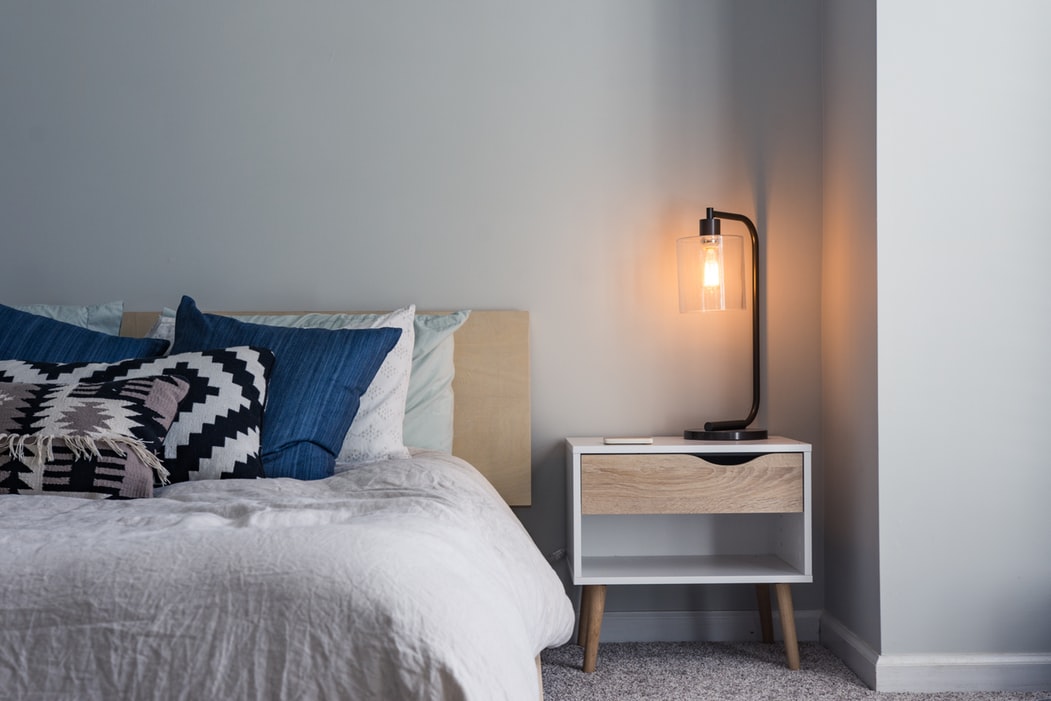
Our busy lifestyles have led us to take sleep for granted. When we need to finish up work projects, meet a friend, or even when we just want to watch a movie, we’ll steal those few hours from our bedtime. We do that because we don’t actually understand just how important sleep is for our mental and physical wellbeing.
Even one night of not getting enough sleep can result in decreased focus, worsened memory, and deteriorated hand-eye coordination. Chronic sleep deprivation can have more severe consequences by contributing to car accidents and even deadly medical errors made by sleep-deprived doctors.
If you often find yourself skimping on sleep or struggling to maintain a healthy sleeping schedule, now is the best time to start working on your sleeping habits. Here’s how you can do it.
Train your circadian rhythm
The circadian rhythm is a pattern of wakefulness and drowsiness in the period of the day. It has an enormous role in the way you sleep, and consequently in your physical and mental health. And even a small disruption in your routine can result in sleep deprivation.
You can train your circadian rhythm by being consistent with the time you go to bed and the time you wake up. Just try to keep a strict schedule, even on weekends. You can use light exposure to train your brain into waking up and falling asleep at the same time.

Get to the bottom of your sleeping problem
If you regularly struggle with falling asleep or you suffer from insomnia, it could be the result of a more serious mental or physical issue. To find an effective solution, you’ll want to tackle the root of the problem, the underlying cause, to hack away the symptoms.
Schedule a visit with your general practitioner and do a full checkup to see if some medical condition is hiding behind your lack of sleep. If not, consider talking to a psychologist and see if there is something troubling you on an emotional level. Many people have reported that energy healing could be effective for treating insomnia, and it wouldn’t hurt to try that as well.
Be wise with your naps
It’s no secret that geniuses like Salvador Dali and Albert Einstein were enthusiastic nappers. Unfortunately, this kind of information often tricks us “mortals” into sleeping for two or three hours during the day to restore our energy. However, what Dali, Einstein, and many experts knew is that the proper restorative nap doesn’t last longer than 20 minutes.
Create a sleep-inducing environment
Your bedroom should be your sanctuary, a place dedicated entirely to rest and serenity. This means that you shouldn’t allow clutter that can stress you out. It should be as quiet and dark as possible. Furthermore, the temperature of the room should contribute to falling and staying asleep. The optimal temperature would be somewhere between 60 and 67 degrees Fahrenheit.
The bed, as the most important part of the room, must be comfortable and ergonomic. The same goes for the pillow, which needs to provide a proper neck support.

Be active during the day
More than 30 studies have found that regular exercise shortens the time you need to fall asleep, while also improving sleep quality and duration. What you should have in mind, though, is that it doesn’t help to look for instant solutions in the form of vigorous training an hour or so before bedtime. Instead, focus on regular moderate training which will improve the overall quality of your sleep —and life.
Improve sleep with a bedtime routine
What we do before going to bed really counts. For example, if you’re staring at a screen, regardless of whether you’re scrolling on social media or binge-watching a TV show, the time you need to nod off can be significantly longer than normal. Likewise, drinking caffeinated beverages or alcohol within six hours prior to your bedtime could be too stimulative for your brain. It can also dehydrate you and disrupt your sleep multiple times through the night as you get up to pee.
Instead, make an effort to introduce good sleeping habits which will replace the bad ones. Reading a few pages of a book, or having a hot bath before bedtime, could bring you into the right state of calmness. Other things people have found to be helpful are deep breathing exercises, yoga, calming music, white noise, and massage.
Proper sleep is the basic part of self-care, but it is often neglected due to our everyday responsibilities. These tips should help you make a change where it matters, and preserve your health and wellbeing.
Written by Hannah Thomas
About the Author
Hannah Thomas is a gardening and home décor enthusiast. Garden is the place where she feels most comfortable, that’s why there are always a lot of books and empty coffee cups on the back porch. Always learning, exploring and smiling.
You may also like
The 8 Best Stores to Shop for Discount Vitamins & Supplements Online
3 Ways that Sleep Can Positively Impact Your Mental Health
The Natural Guide to Better Sleep
3 Tips to Get You Sleeping Again [Infographic]
8 Stretches for Your Best Night’s Sleep [Infographic]
